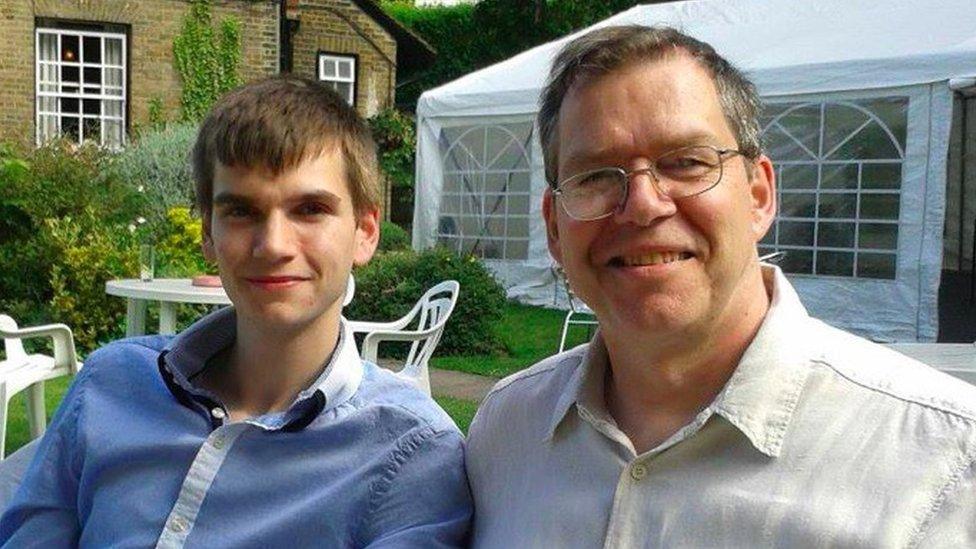Stephen Port: Met Police failings led to more deaths
- Published
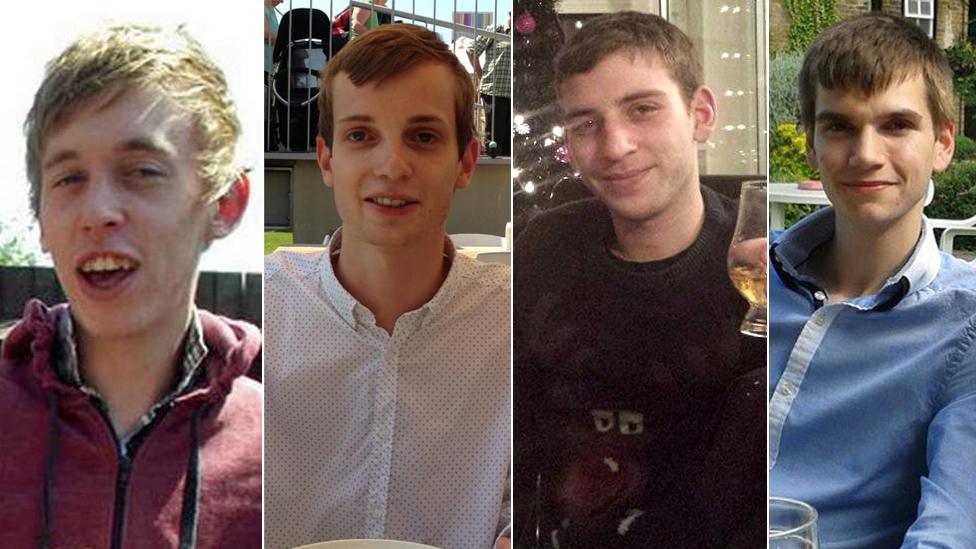
Stephen Port's victims (L-R): Anthony Walgate, Gabriel Kovari, Jack Taylor and Daniel Whitworth
Failings by the Met Police contributed to the deaths of serial killer Stephen Port's final three victims, an inquest jury has ruled.
Port, 46, is serving a whole-life term for murdering Anthony Walgate, Gabriel Kovari, Daniel Whitworth and Jack Taylor in Barking over 16 months.
The deaths were not regarded suspicious until weeks after the fourth murder.
The case was branded "one of the most widespread institutional failings in modern history" by the men's families.
Neil Hudgell, a solicitor representing the victims, added: "Our firmly held belief is that the Metropolitan Police's actions were, in part, driven by homophobia."
The Met failed to carry out basic checks, send evidence to be forensically examined, and exercise professional curiosity while Port was embarking on his killing spree, the inquest heard.
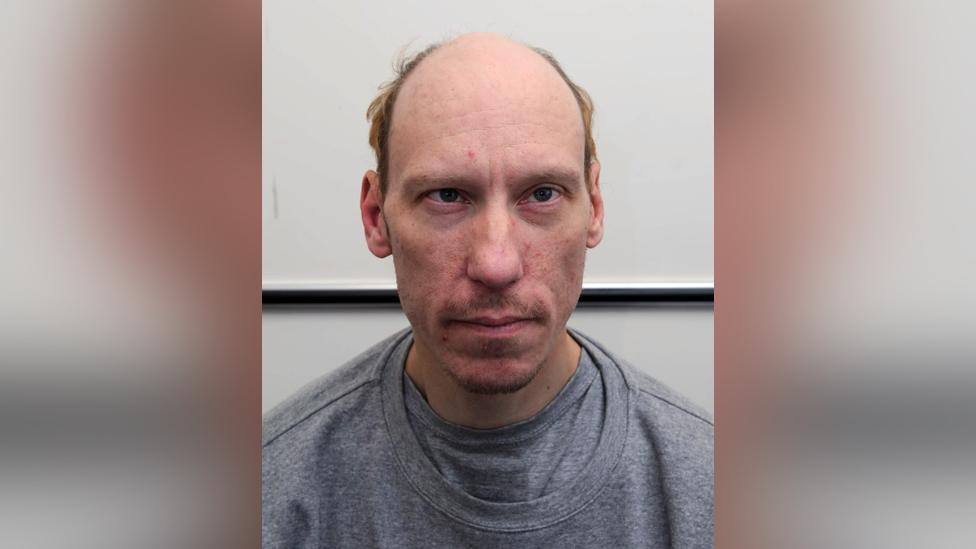
Port is serving a whole-life term for the four murders
Port killed the four men, who were all aged in their early 20s, by giving them overdoses of the "date rape" drug gamma-hydroxybutyrate (GHB) at his east London home between June 2014 and September 2015.
He was jailed for life at the Old Bailey in 2016 for the murders and a string of sex assaults.
The sisters of Port's final victim blame police for his death
Police refused to class the partner of Daniel Whitworth, with whom he shared a home and a bank account, as next of kin.
Ricky Waumsley said he would have been treated differently if he was a "straight, white woman".
Coroner Sarah Munro QC said: "These inquests have, on any view, raised a number of serious concerns."
She added she would be preparing a prevention of future deaths report.


This year already Met Police Commissioner Dame Cressida Dick has been forced to make a series of public apologies following scandals: For the Met's inadequate response to two missing black sisters later found murdered; for two officers taking selfies with the bodies of those dead women; for corruption and cover-up in the Daniel Morgan murder case; and after Met PC Wayne Couzens was convicted of the murder Sarah Everard.
This year has also seen the force accused of institutional corruption, misogyny, racism and, today, institutional homophobia. The official graphs illustrating Londoners' perception of the Met show every line reflecting performance heading substantially downwards.
A national poll by Ipsos Mori this week suggested the proportion who trust the police had fallen from 76% to 63% in the last two years.
There have been more "heartfelt apologies" today, but sorrow and regret alone will not reverse the reputational decline of the force which pioneered "professional policing".

The nine-week long inquests at Barking Town Hall were told police had ignored multiple chances to uncover that Port had been responsible for the first murder - Anthony Walgate, 23, in June 2014 - with the result being the later deaths were preventable.
The jury found a murder team should have taken over that first inquiry.
Referring to the inquiries made by officers in Barking and Dagenham into the deaths of Gabriel Kovari, 22, and Daniel Whitworth, 21, the jury said there were "fundamental failings in these investigations from the beginning".
This meant Port was free to kill Jack Taylor, 25, a year later.
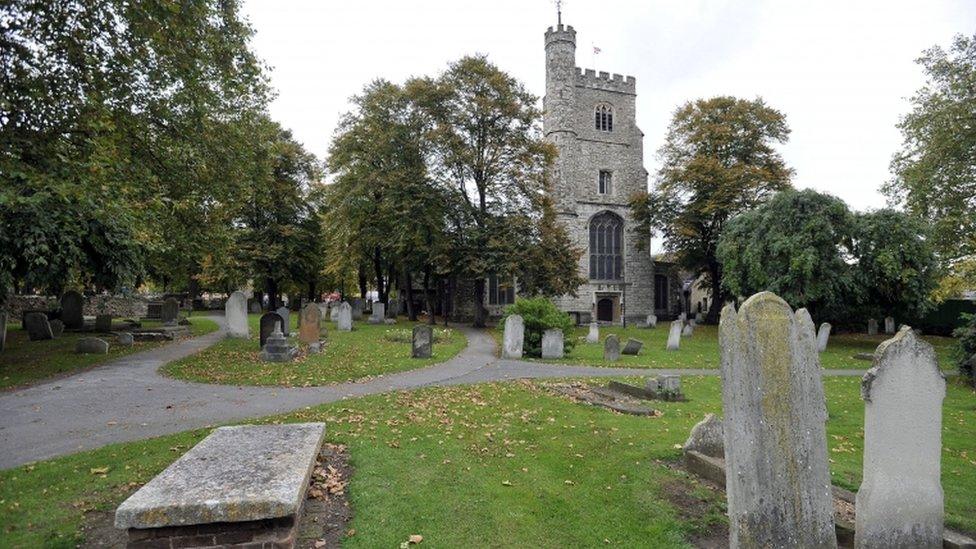
The bodies of Gabriel Kovari and Daniel Whitworth were found in the graveyard of St Margaret's Church
The inquest also ruled the failings were by both officers in Barking and in the Met's homicide command.
In written conclusions, the jury acknowledged officers had faced a "heavy workload", but said there were failures which "cannot be overlooked".
During the inquests police admitted a series of "terrible mistakes" were made.
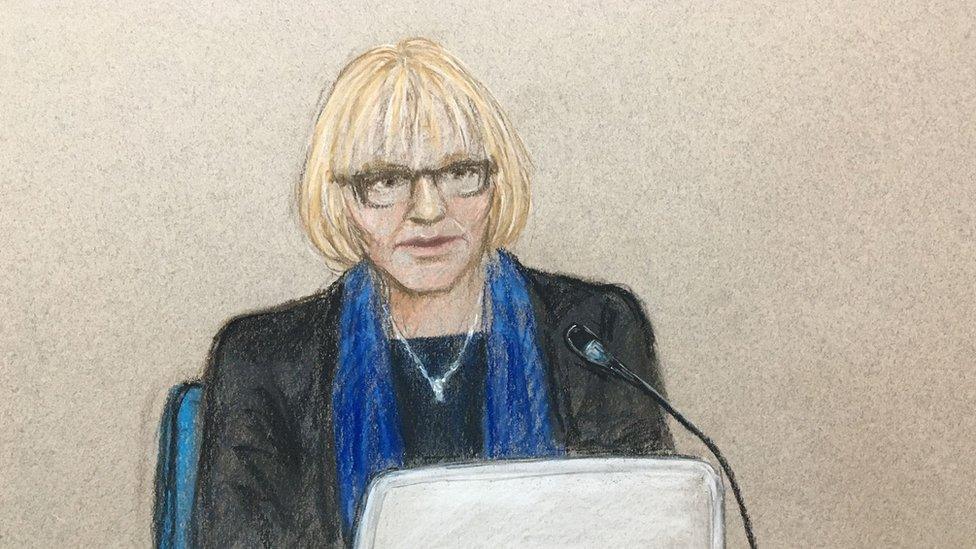
Coroner Sarah Munro QC ruled out homophobia as an issue for the jury to consider
Mr Hudgell told a press conference: "We are incensed by the police's successful attempts to prevent the jury from examining whether [homophobic] prejudice played any part in the police's action."
He added that "had the police done their job properly in the first place, Gabriel, Daniel and Jack would not have been killed and other young men would not have been drugged and raped by him".
Met Police Assistant Commissioner Helen Ball offered "my own and the Met's heartfelt apologies" and said she and Met Commissioner Dame Cressida Dick have offered to meet personally with the victims' loved ones to hear concerns.
She said: "We completely accept people's trust in us has been damaged by a number of recent events.
Asst Commissioner Helen Ball described the jury's conclusion as "a devastating finding"
"What has happened in connection with each of the deaths of these four young men is part of that damage, and we know has a particular impact in communities local to Barking and LGBT+ communities across London.
"It is very important now to show that we are trustworthy, that we care, that we have changed, and that we are learning."
The Independent Office of Police Conduct (IOPC) said it is considering reopening investigation into handling of the deaths.
Although 17 officers were interviewed, 16 gave "no comment" interviews, submitting written statements instead.
None faced gross misconduct charges but nine officers "fell below the standard required".
IOPC Regional Director Graham Beesley said: "We are examining if anything was said by the officers who gave evidence during the inquests which could alter our findings and give grounds to re-open our investigation."
Gay rights campaigner Peter Tatchell said some police officers "have got to face serious disciplinary action".
"Every single gay person who raised concerns about the young gay men was ignored, dismissed and treated with contempt, even the partner of one of the victims," he said.
Related topics
- Published10 December 2021
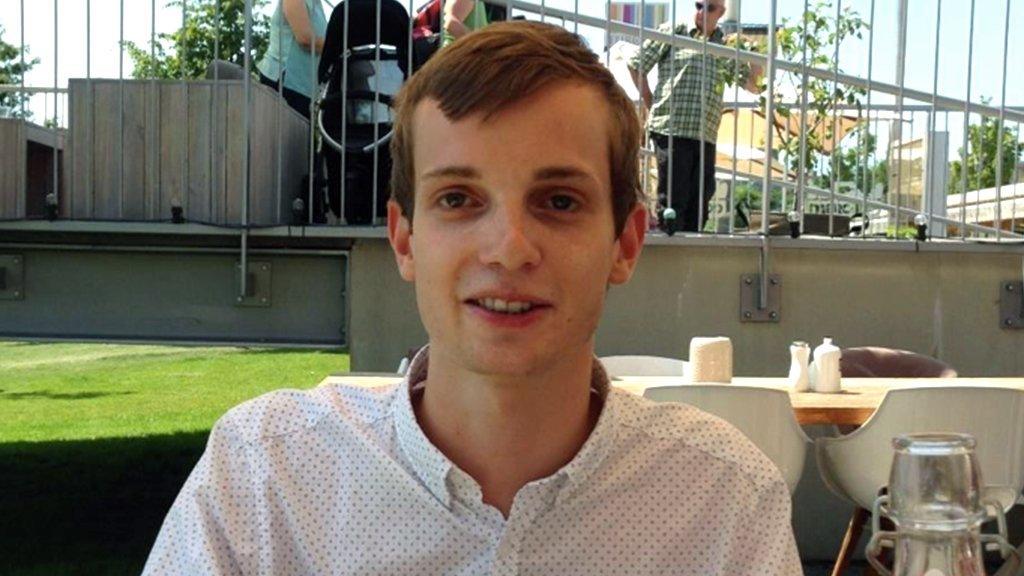
- Published17 November 2021
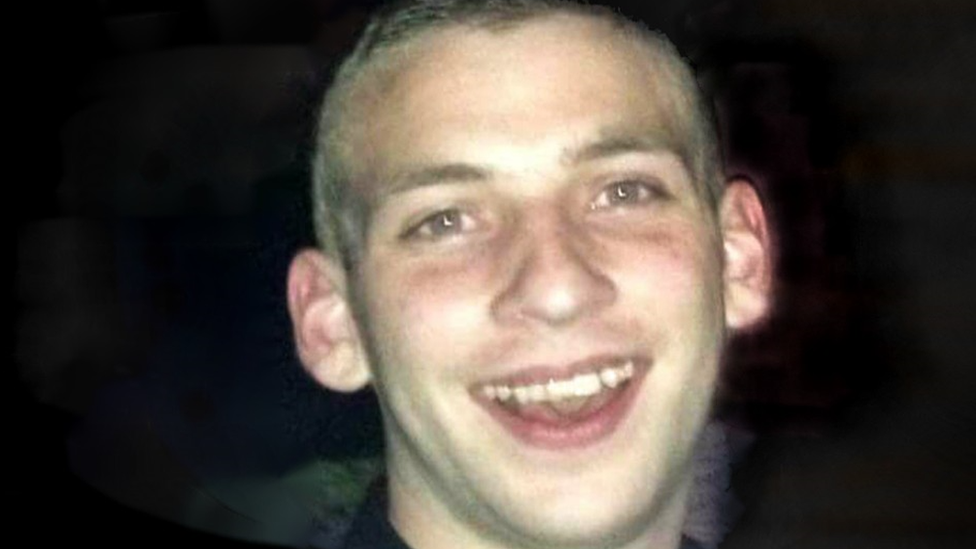
- Published5 October 2021
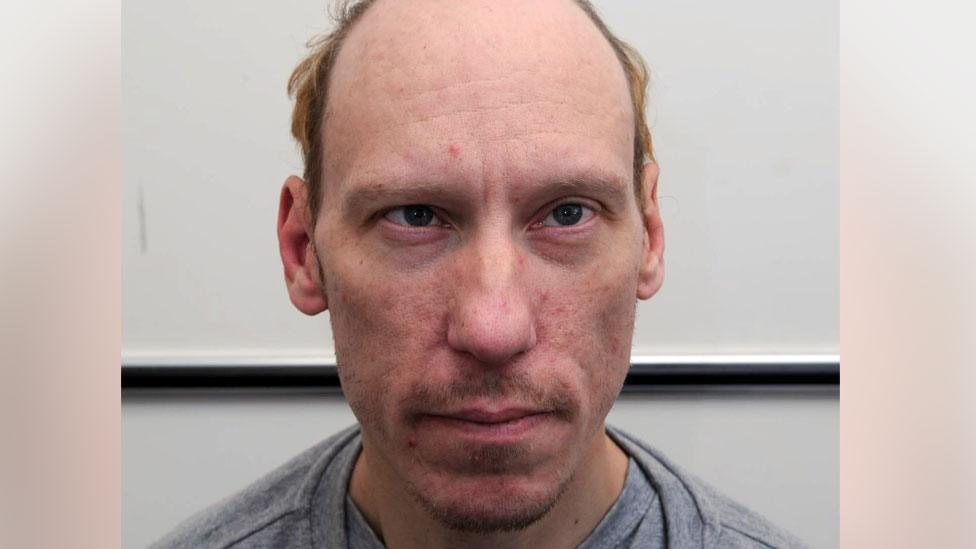
- Published5 October 2021

- Published5 October 2021
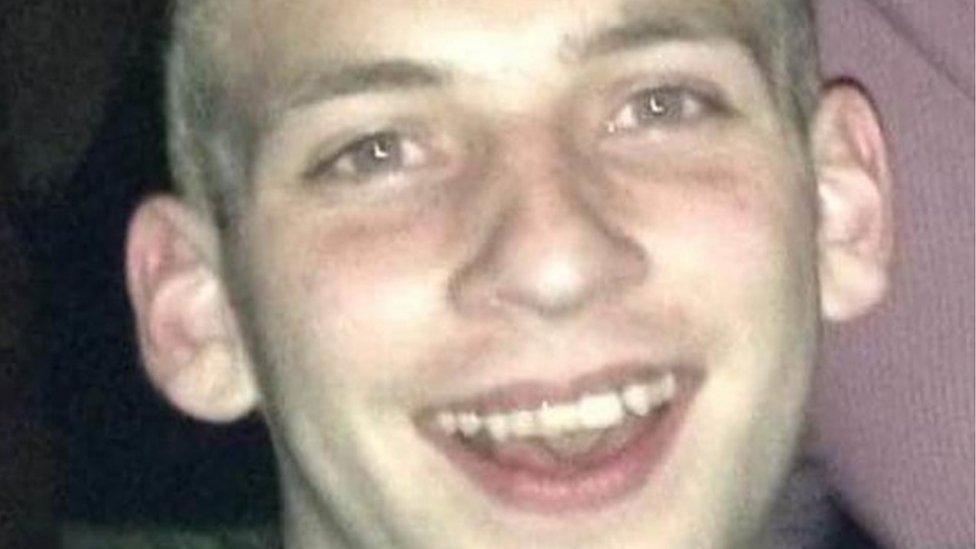
- Published6 October 2021

- Published28 October 2021

- Published3 November 2021
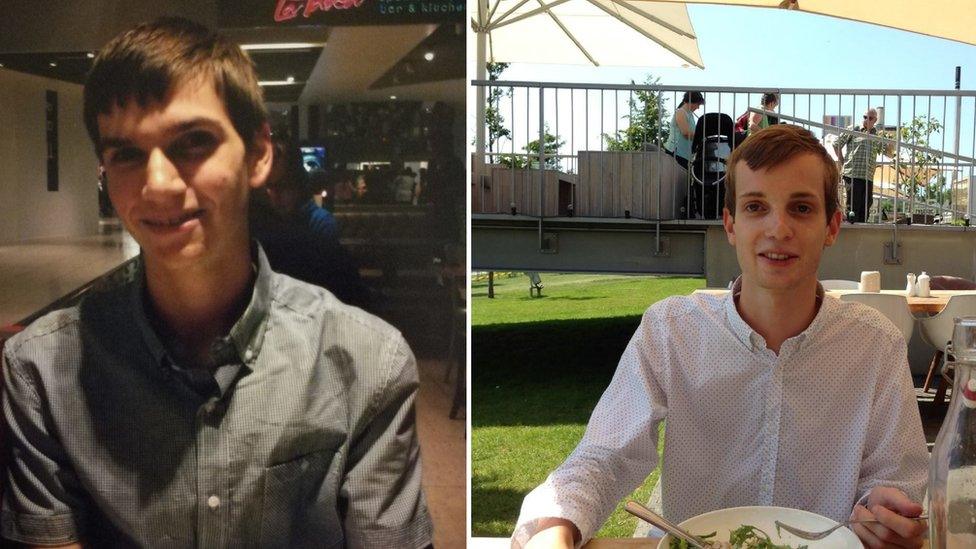
- Published4 November 2021
